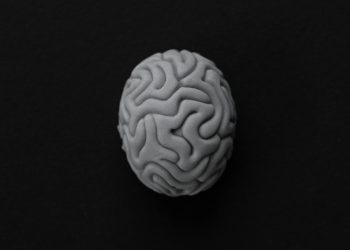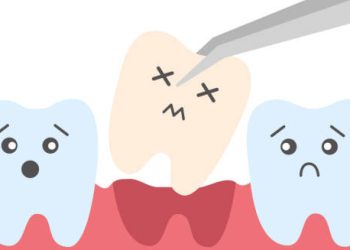Complications of Haemorrhoids
The potential complications of haemorrhoids can be serious if the condition is not adequately treated or managed. Although most haemorrhoids resolve with conservative care, advanced cases can lead to persistent or severe symptoms and other medical issues. Recognising the complications of haemorrhoids ensures timely medical intervention and helps patients understand the importance of early treatment.
One common complication is anaemia, resulting from chronic blood loss due to persistent rectal bleeding. Even minor but prolonged bleeding can lower haemoglobin levels, leading to symptoms such as fatigue, shortness of breath, dizziness, and pallor. Left untreated, anaemia can affect overall energy and quality of life, especially in older adults.
Another serious complication is strangulated haemorrhoids. When a prolapsed internal haemorrhoid becomes trapped outside the anal sphincter, the blood supply may be cut off, causing the tissue to become ischemic and eventually necrotic. This condition causes intense pain and requires urgent surgical treatment to prevent tissue death and infection.
Complications of Haemorrhoids
Thrombosed external haemorrhoids, where a blood clot forms within the external haemorrhoid, can also become a severe and painful issue. These present as swollen, firm, bluish lumps near the anus and are often accompanied by intense pain, especially during bowel movements or sitting. Although they may resolve on their own, some cases require surgical removal of the clot.
Prolonged irritation and inflammation from untreated haemorrhoids can lead to chronic discomfort and skin changes. Anal fissures (small tears in the anal skin), pruritus ani (persistent itching), and perianal dermatitis may develop. These complications often exacerbate the original problem and create a cycle of ongoing irritation and discomfort.
Rarely, haemorrhoids may become infected, particularly when there is persistent inflammation, poor hygiene, or compromised immune function. An abscess may form, requiring drainage and antibiotic therapy.
Complications of Haemorrhoids
In severe or neglected cases, haemorrhoids can significantly impair daily functioning and emotional well-being. Pain, embarrassment, and social withdrawal are common among patients who suffer chronically. The combination of physical symptoms and psychosocial effects highlights the importance of early treatment and preventive care.
Preventing the complications of haemorrhoids involves recognising symptoms early, seeking appropriate medical care, and adhering to lifestyle and dietary recommendations. For patients who experience frequent recurrences or who have risk factors such as chronic constipation, tailored medical follow-up can prevent long-term issues and enhance quality of life.
[Next: Prevention of Haemorrhoids →]


